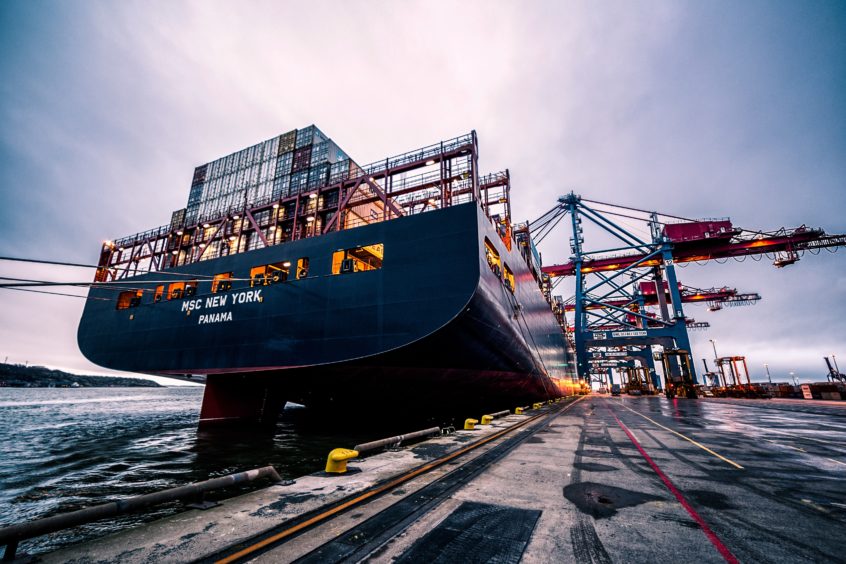The Chinese have been as good as their word by issuing new tariffs on US products. China had threatened to respond to Donald Trump’s 25% tariffs on Chinese imports in kind. Both tariff regimes are worth $34 billion on either side.
There are $545 billion worth of US exports to China that are affected by these retaliatory tariffs including cotton, bourbon, tobacco, pork, and soybeans. The shipping industry has been trying to mitigate the risks associated with this quasi-trade war. For example, one US ship filled with soybean exports tried to beat the deadline but missed by half an hour.
Fears about escalating tensions
China has demonstrated that it is not afraid to hit the US. Donald Trump is also ramping up the rhetoric and threats. The US administration announced that it was planning to roll out another $16 billion worth of tariffs on Chinese goods within this month. Most experts believe that China will return the favor again.
The Chinese Ministry of Commerce has stated that it considers the US in violation of World Trade Organization rules. China has not been mincing its words about what it calls the “largest trade war” in history. For its part, the US government maintains the idea that these tariffs ensure fairness in international trade.
The businesses that are caught in the cross-fire
As the two economic giants fight, businesses are paying the consequences. For example, shippers in the US have canceled some exports and have had to suffer a loss in their earnings as a consequence.
There is concern that this escalating trade war will have long-term consequences that are not yet easy to predict. According to Axios, those dealing in soybeans and bourbons are unable to make long-term plans because they are not sure what comes next.
Consumers will also have to pay a price
Inevitably the price increases and shortages that result from these trade skirmishes are going to be passed onto the consumer at the end of the chain. According to NPR, the tariffs are going to hit that 60% of US-China trade that specializes in parts and supplies. Eventually, consumers on both sides will have to pay for these additional production costs. Harley Davidson has already outsourced some of its production abroad to avoid the tariffs.





